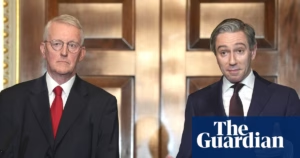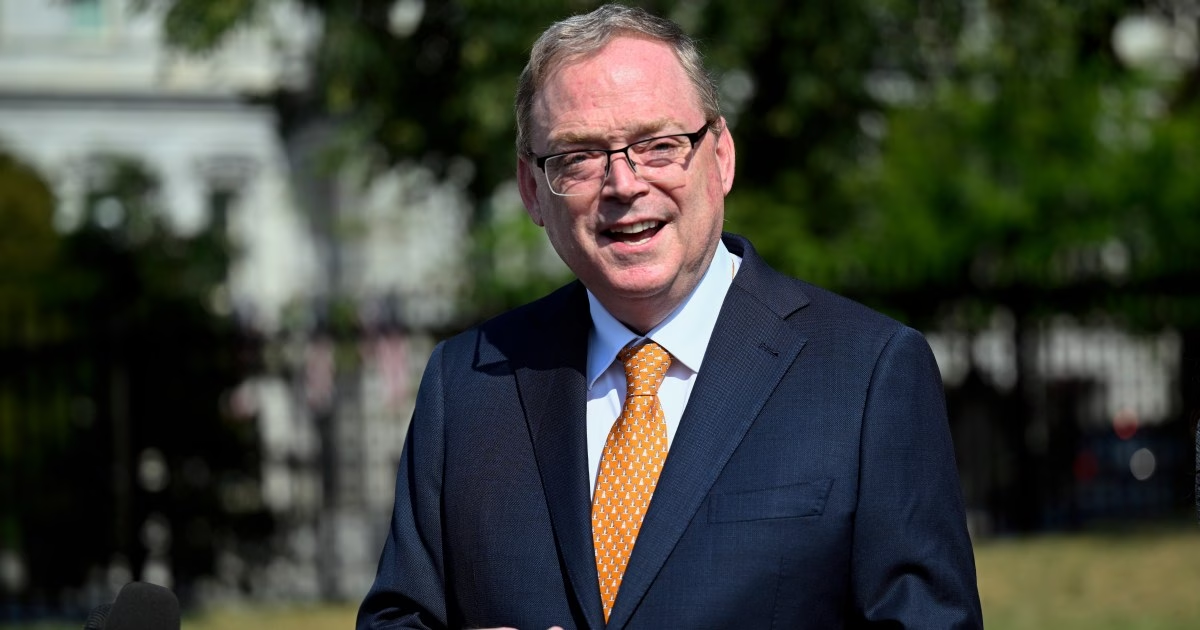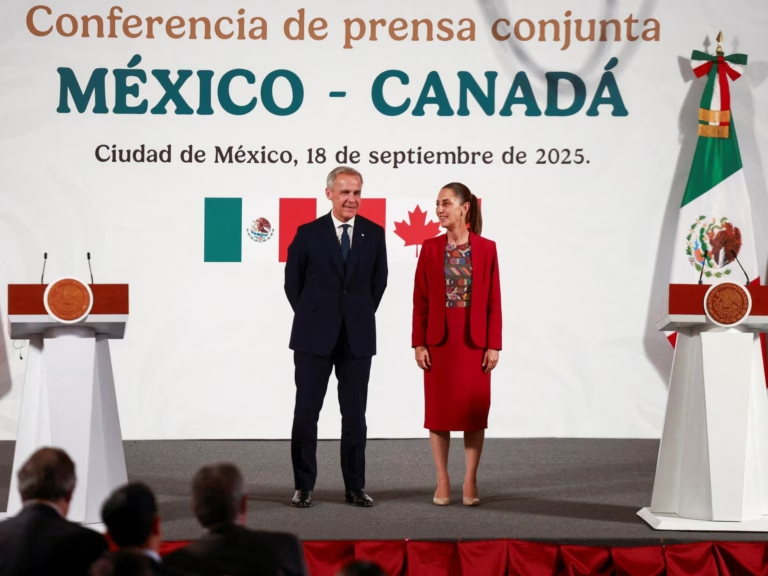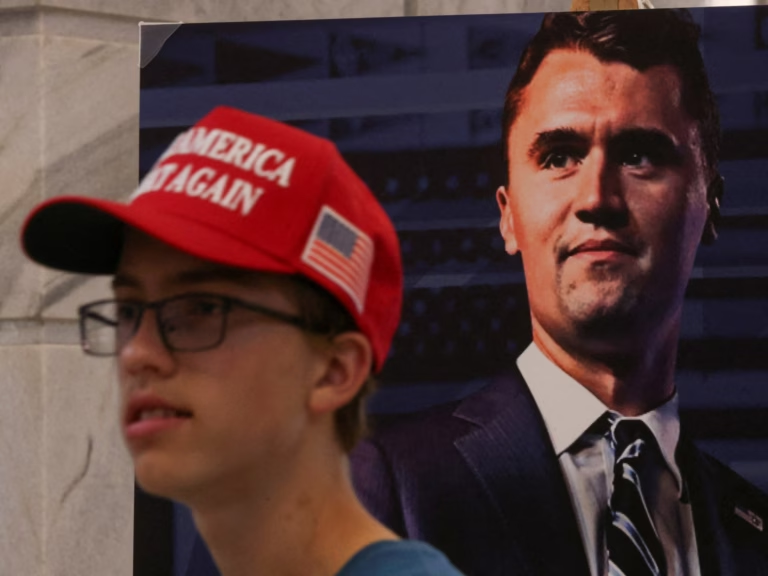The Trump administration has defended President Donald Trump’s decision to fire Erika McEntarfer, the director of the Bureau of Labor Statistics, following her dismissal and the concerns it raised about the future credibility of critical economic data.
Trump dismissed McEntarfer, claiming without evidence that the most recent jobs report was “rigged” to depict him unfavorably.
Kevin Hassett, the director of the White House National Economic Council, denied that Trump was “shooting the messenger” and questioned the accuracy of the reports, which showed significant weaker hiring than previously reported.
“The president wants his own people there so that when we see the numbers, they’re more transparent and more reliable,” Hassett stated on NBC News’s Meet the Press. He added that the downward revision of jobs growth for May and June was “unprecedented” and a “historically important outlier”.
“We expect more big revisions for the jobs data in September. Then we want to know why. We want people to explain it to us,” Hassett further explained.
Speaking on Fox News, Hassett cast doubt on the official figures, suggesting without evidence that employment statistics can contain “partisan patterns”.
“I think what we need is a fresh set of eyes at the BLS, somebody who can clean this thing up,” he said.
Jamieson Greer, the United States Trade Representative, also defended Trump’s decision, stating that the president had “real concerns” about the jobs data.
“You want to be able to have somewhat reliable numbers,” Greer said on CBS News’s Face the Nation.
The recent employment figures released showed that fewer jobs were created in May and June than initially estimated, undermining Trump’s claims that his tariffs have not negatively impacted the economy.
Trump announced that he would name a new BLS director and a candidate for Federal Reserve governor within the next few days.
McEntarfer’s dismissal has sparked outrage among economists and lawmakers from both parties, with the Friends of the Bureau of Labor Statistics accusing Trump of politicizing the statistics agency and eroding confidence in official government data.
Trump dismissed McEntarfer, claiming without evidence that the most recent jobs report was “rigged” to depict him unfavorably.
Kevin Hassett, the director of the White House National Economic Council, denied that Trump was “shooting the messenger” and questioned the accuracy of the reports, which showed significant weaker hiring than previously reported.
“The president wants his own people there so that when we see the numbers, they’re more transparent and more reliable,” Hassett stated on NBC News’s Meet the Press. He added that the downward revision of jobs growth for May and June was “unprecedented” and a “historically important outlier”.
“We expect more big revisions for the jobs data in September. Then we want to know why. We want people to explain it to us,” Hassett further explained.
Speaking on Fox News, Hassett cast doubt on the official figures, suggesting without evidence that employment statistics can contain “partisan patterns”.
“I think what we need is a fresh set of eyes at the BLS, somebody who can clean this thing up,” he said.
Jamieson Greer, the United States Trade Representative, also defended Trump’s decision, stating that the president had “real concerns” about the jobs data.
“You want to be able to have somewhat reliable numbers,” Greer said on CBS News’s Face the Nation.
The recent employment figures released showed that fewer jobs were created in May and June than initially estimated, undermining Trump’s claims that his tariffs have not negatively impacted the economy.
Trump announced that he would name a new BLS director and a candidate for Federal Reserve governor within the next few days.
McEntarfer’s dismissal has sparked outrage among economists and lawmakers from both parties, with the Friends of the Bureau of Labor Statistics accusing Trump of politicizing the statistics agency and eroding confidence in official government data.







